
3 Everyday Vegetables American Doctors Eat to Keep Their Li.ver Healthy
The liver is the largest internal organ in the human body, responsible for over 500 essential functions — from breaking down proteins and storing minerals to producing bile and detoxifying the blood. Despite its importance, liver diseases are increasing worldwide, largely due to poor lifestyle habits, particularly diet.
To protect this vital organ, gastroenterologist Dr. Joseph Salhab from Florida shares the three humble vegetables he personally eats every day to support his liver. These vegetables are affordable, easy to prepare, and backed by scientific research.
1. Broccoli
The first vegetable on Dr. Salhab’s list is broccoli. Members of the cruciferous family — including broccoli, cabbage, kale, and Brussels sprouts — are widely recognized for their liver-protective properties.
Broccoli is rich in sulforaphane, a natural compound known for boosting the liver’s detoxification processes. This compound activates enzymes that help neutralize toxins and reduce inflammation.
A 2015 study found that broccoli sprout extract significantly lowered ALT and gamma-GTP levels in men with fatty liver disease — two important biomarkers that indicate liver stress and damage. The results suggest that broccoli can help improve liver function and slow disease progression.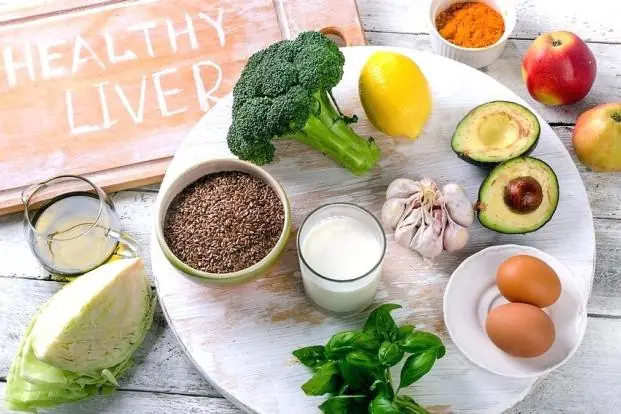
For people who dislike broccoli, Dr. Salhab recommends easy alternatives within the same family:
“If you don’t enjoy broccoli, you can replace it with other cruciferous vegetables like cabbage, kale, or Brussels sprouts.”
These vegetables offer similar protective benefits thanks to their antioxidant and detox-boosting compounds.
2. Beets
The second vegetable Dr. Salhab regularly incorporates into his meals is beetroot.
Beets contain betalains, powerful antioxidants that give the vegetable its deep red-purple color. Betalains help reduce oxidative stress in the liver and support tissue recovery.
Beets are especially beneficial for individuals with fatty liver disease. A 2023 meta-analysis showed that beetroot juice significantly reduced ALT and AST — two key enzymes that rise when the liver is injured. Lower levels indicate healthier liver function and reduced inflammation.
Beets may also improve severe hepatic steatosis, a condition in which excessive fat accumulates in the liver. Beyond betalains, beets are rich in folate and manganese, both essential for metabolic processes in the liver.
Dr. Salhab recommends incorporating beets in simple, daily-friendly ways:
-
roast them
-
juice them
-
grate raw beets into salads
-
blend them into smoothies
These small additions can contribute meaningfully to long-term liver health.
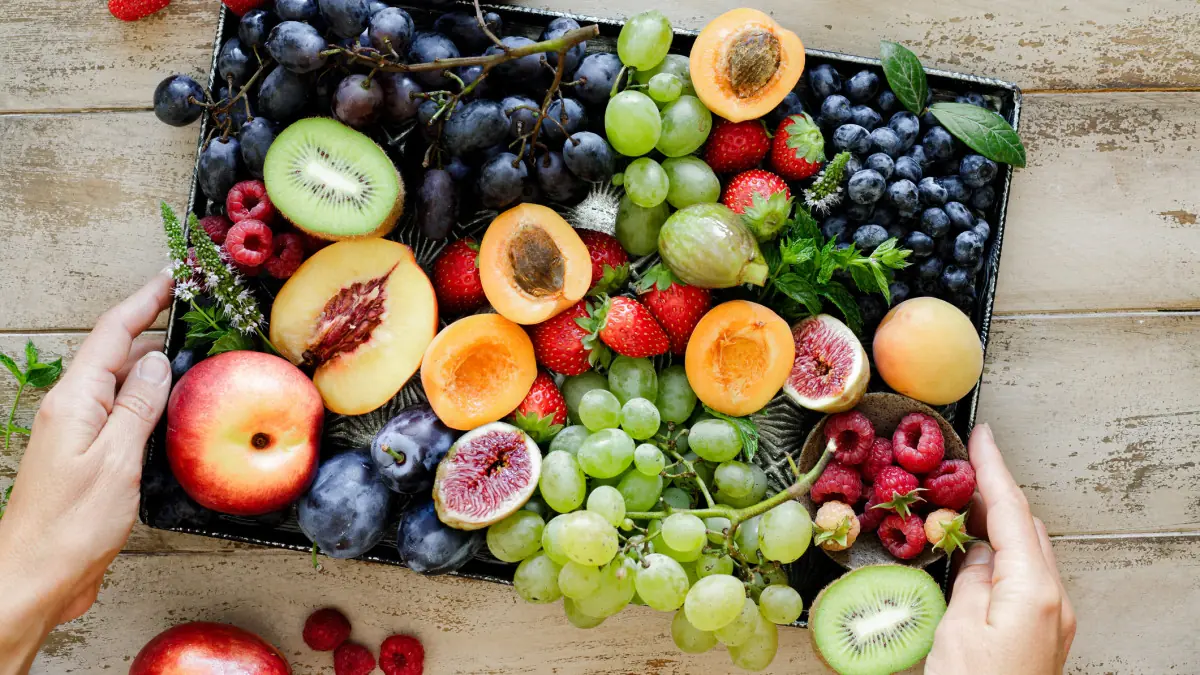
3. Artichokes
The third vegetable — and a favorite of Dr. Salhab — is artichoke, which he describes as “one of the best foods for the liver.”
Artichokes are packed with antioxidants, particularly cynarin, a compound shown to support liver regeneration and enhance bile production. Bile plays a crucial role in breaking down fats and carrying toxins out of the body.
Cynarin also helps reduce inflammation and supports the repair of damaged liver cells, making artichokes especially valuable for people dealing with fatty liver, toxin exposure, or digestive sluggishness.
Dr. Salhab shares his personal way of enjoying them:
“I like to blend cooked artichokes into a creamy spread and smear it on sourdough bread. It’s the perfect lunch.”
Besides spreads, artichokes can be:
-
steamed
-
added to salads
-
tossed into pasta
-
eaten as a savory dip
Regardless of how they’re prepared, their detox and antioxidant properties make them a standout choice for daily liver care.
News in the same category


7 Signs Your Body Might Be Iron Deficient
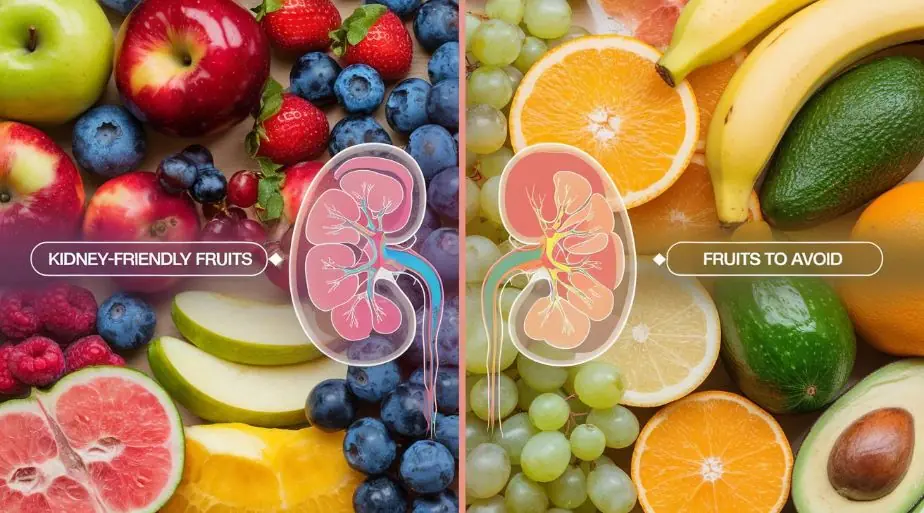
A Fruit People With Kid.ney Disease Should Limit
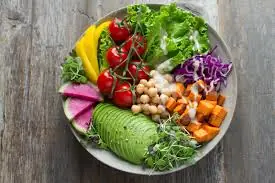
4 Types of Salads You Should Eat Regularly to Support Li.ver Detoxification

4 Natural Ingredients That Help Protect the Li.ver in Men

3 Silent “Culprits” That Dramatically Increase Your Risk of Stroke

Rubbing Ginger on Your Feet Before Bed: Men and Women Will Be Surprised by Its Benefits!
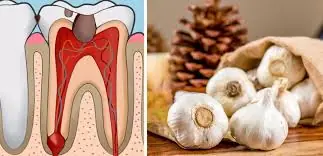
The Forgotten Home Remedy That Instantly Soothes Tooth.ache

The Silent Metabolism Kill.er: How Your “Healthy” Breakfast Is Slowing Your Fat Burn All Day

The 7-Second Rule: The Surprising Morning Habit That Transforms Your Gut, Energy, and Mood
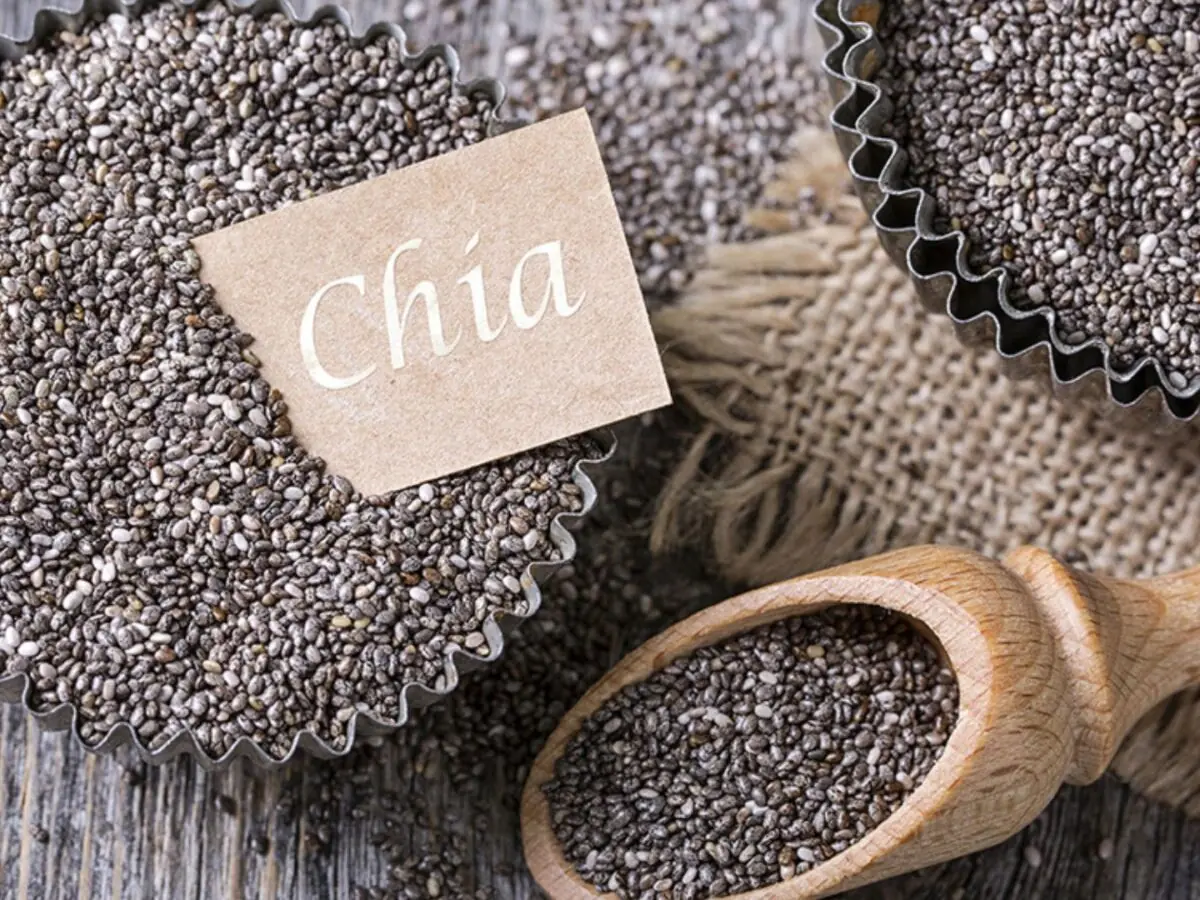
The Tiny Superfood That Can Help Lower Bloo.d Pressure: Discover the Power of Chia Seeds

Unlock the Hidden Power of Banana Peels: Amazing Health Benefits You Need to Know

5 Secret Eating Habits for Glowing Skin This Fall & Winter: You Won't Believe How Simple It Is

The 5-Minute Kitchen Hack for a Brighter Smile

THE PAPAYA LEAF HAIR MIRACLE: The Ancient Secret That Triggers Extreme Hair Growth Most People Ignore!
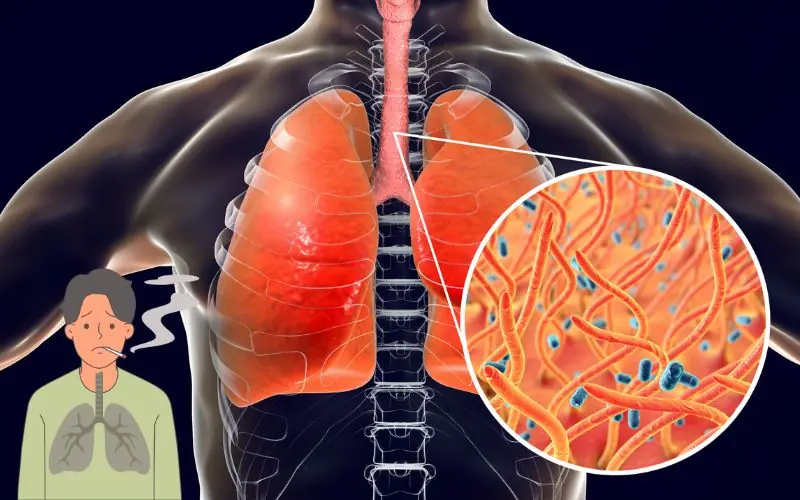
The 3-Day L.ung Reset: The Ancient Onion Remedy That Melts Mucus, Calms Coughs, and Clears Your Ch.est Naturally

5 Powerful Ways to Stay Vibrantly Healthy in Your 40s and 50s
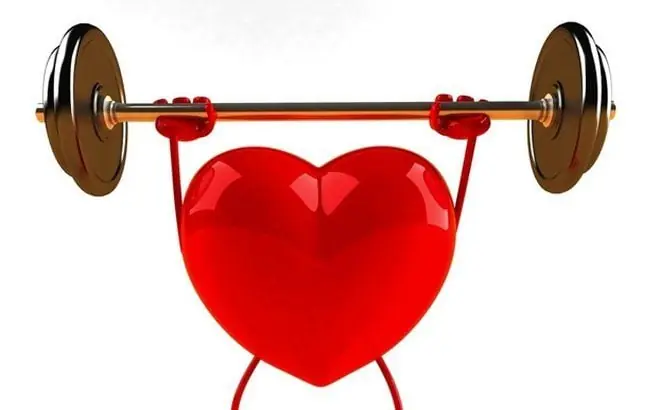
How to Exercise Without Overloading Your H.eart

4 Hair Care Habits You Think Are Helping — But Are Actually Ruining Your Hair
News Post

7 Bad Habits That Harm Your Heart

7 Signs Your Body Might Be Iron Deficient
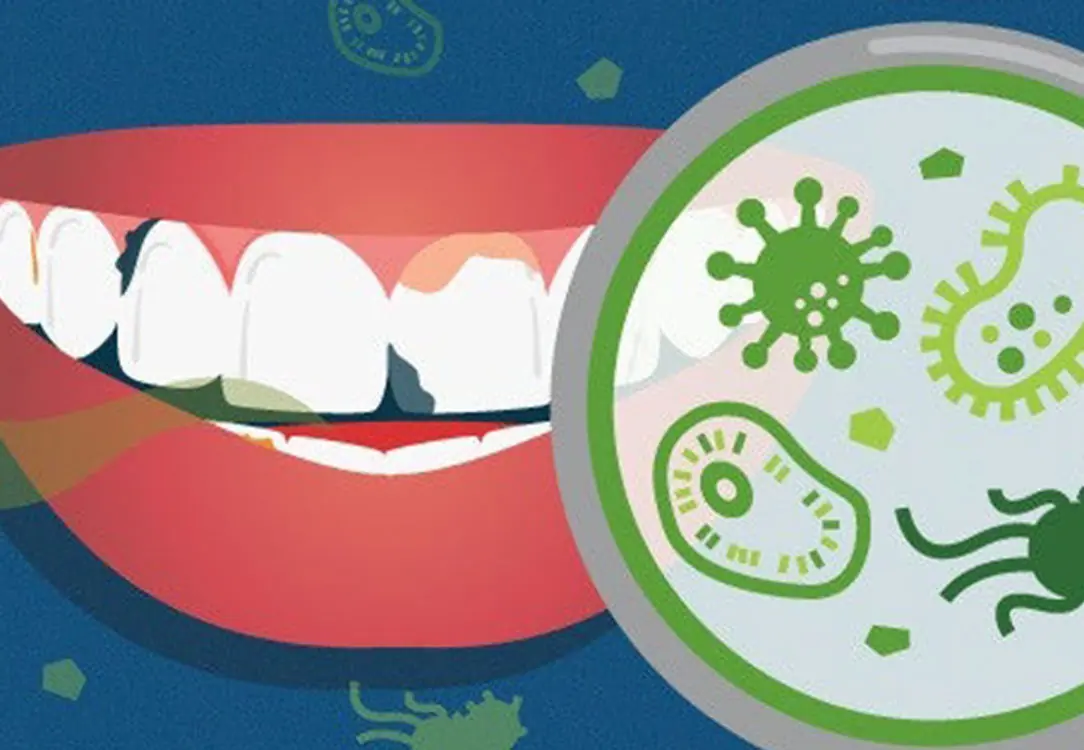
Poor Oral Health Linked to Increased S.troke Risk

A Fruit People With Kid.ney Disease Should Limit

4 Types of Salads You Should Eat Regularly to Support Li.ver Detoxification

4 Natural Ingredients That Help Protect the Li.ver in Men

6 Daily Habits That Can Finally End Your Sleepless Nights

6 Eating Mistakes That Can Damage Your Health

5 Foods You Should Avoid at Night If You Don’t Want to Lose Sleep

3 Silent “Culprits” That Dramatically Increase Your Risk of Stroke

5 Silent Warning Signs of High B.lood Pressure You Should Never Ignore
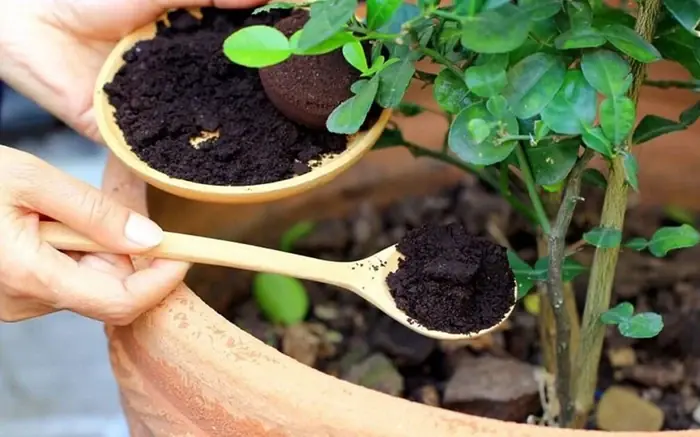
The Type of “Waste” Everyone Throws Away but Experts Call a Hidden Treasure:
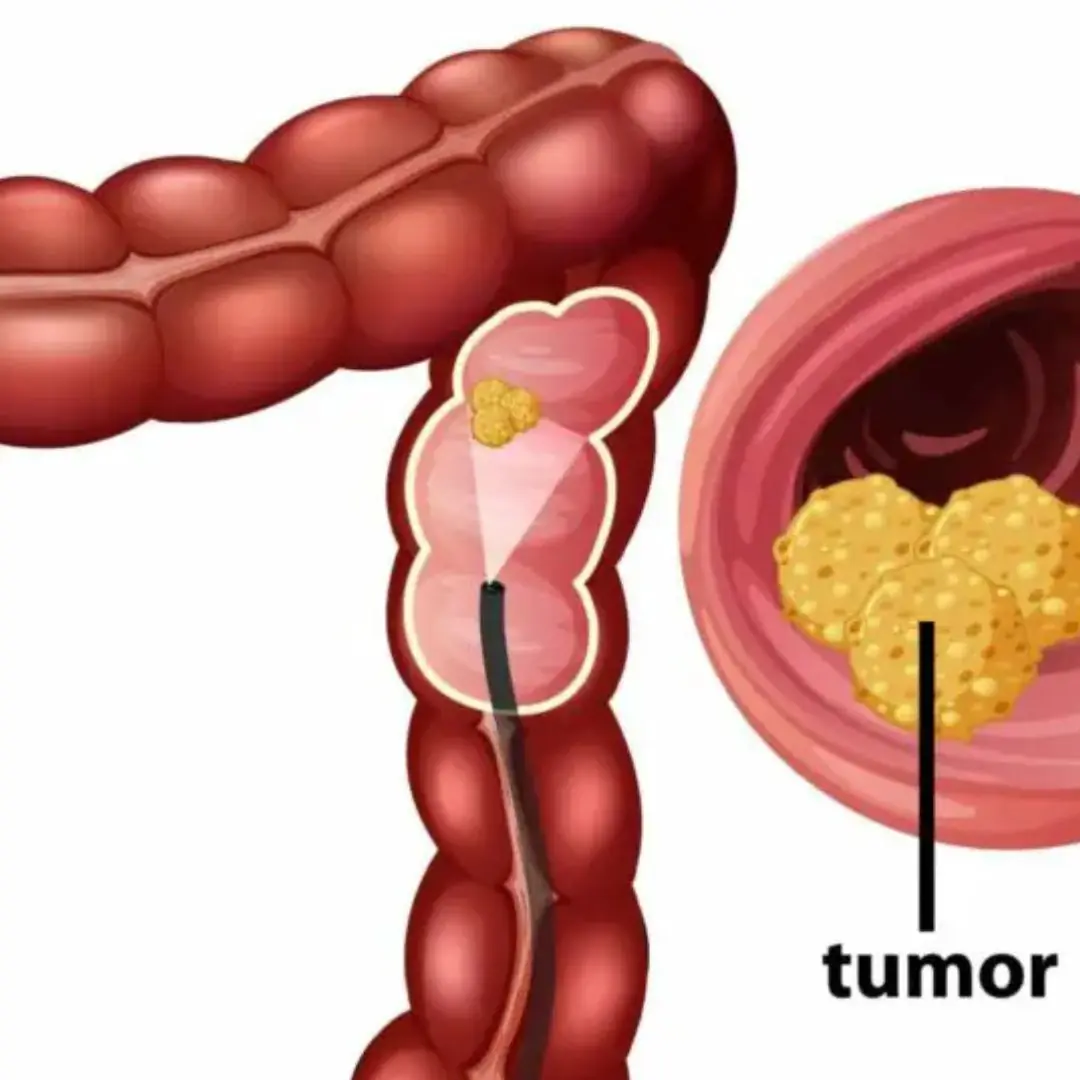
She Spotted These 5 Colon Ca.nc.er Symptoms Early — Here’s What You Should Watch For

If your feet show these 5 signs, it may be a warning of a serious condition

4 TERRIBLE MISTAKES That Make Your Home Smell Bad All the Time — Without You Realizing It

Rubbing Ginger on Your Feet Before Bed: Men and Women Will Be Surprised by Its Benefits!
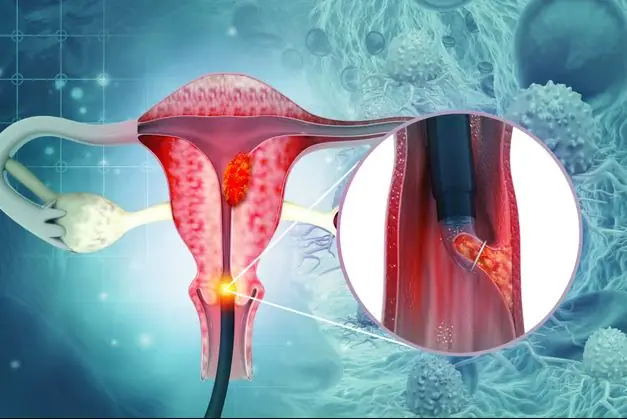
Cervical Can.cer: Are You in a High-Risk Group?
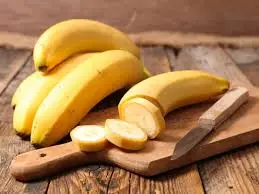
Eating Bananas on an Empty Stomach: Healthy Habit or Hidden Dan.ger?
